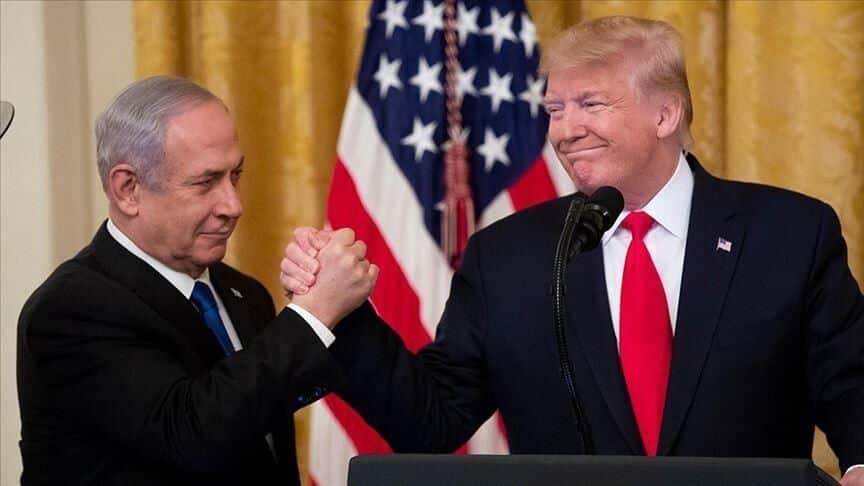Trump’s confession, participation in the attack on Iran, and the consequences.
US officials, including the president and especially Secretary of State Marco Rubio, as well as the US mission to the United Nations, insisted that Washington was neutral in the war and had no role in Israel’s attacks on Iran. They repeatedly pointed out that the US’s top priority was to protect its forces in the region. However, at the same time, there was ample evidence, both explicit and implicit, that the US was a major party and was involved in the war. The tweets, statements, and actions of the US president were all issued from the position of the head of a country involved in the war. All the equipment, logistics, and planning of this war belonged to the US, and in particular, US forces actively participated in neutralizing Iranian missiles against Israel, including drones and missiles, and finally, the US directly intervened by sending its strategic aircraft to bomb Iran’s nuclear facilities on June 22, 2025.
At the same time, the dominant narrative during the war and after it was based on the declared neutrality of US officials.
On November 6, 2025, US President Donald Trump made statements in this regard in a press conference in the Oval Office of the White House that fundamentally changed this narrative. He declared, “Israel attacked first. It was a very, very powerful attack. I was fully responsible for it.” This admission by Donald Trump is considered a serious change in this regard, redefining the attack on Iran from a unilateral Israeli operation to a coordinated and joint action between the United States and Israel. This admission was in stark contrast to the statements of US officials over the past few months and the official denial of its participation in the war, and is clear evidence of US participation in the June war of aggression against Iran. Trump’s admission of responsibility for the attack on Iran has serious consequences from the perspective of international law. The issue of state responsibility in such circumstances has been clarified in various international law documents. Article 2(4) of the Charter of the United Nations prohibits the threat or use of force against the territorial integrity or political independence of States, and Article 51 of the Charter allows this only in self-defence against armed attack. In this regard, the International Law Commission’s Articles on State Responsibility (2001) stipulate that acts committed under the direction or control of a State are attributable to that State. The International Court of Justice has also established this principle in its case law: in Nicaragua v. United States (1986), it introduced the “effective control” criterion for attributing responsibility, and in the Bosnian genocide (2007), it reaffirmed this criterion. Furthermore, Common Article 1 of the Geneva Conventions (1949) obliges States not only to respect humanitarian law themselves, but also to ensure its observance.

